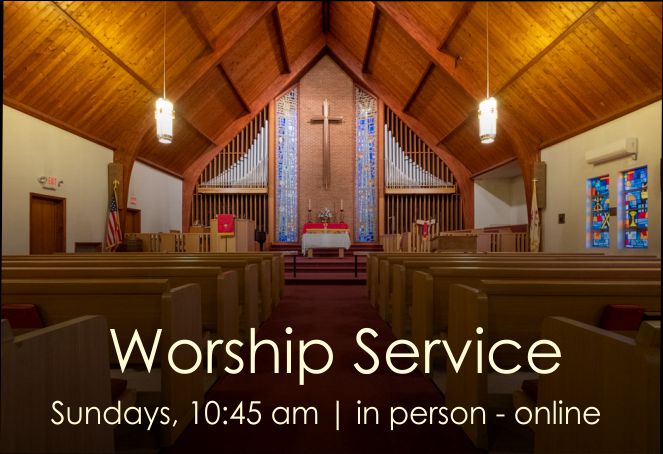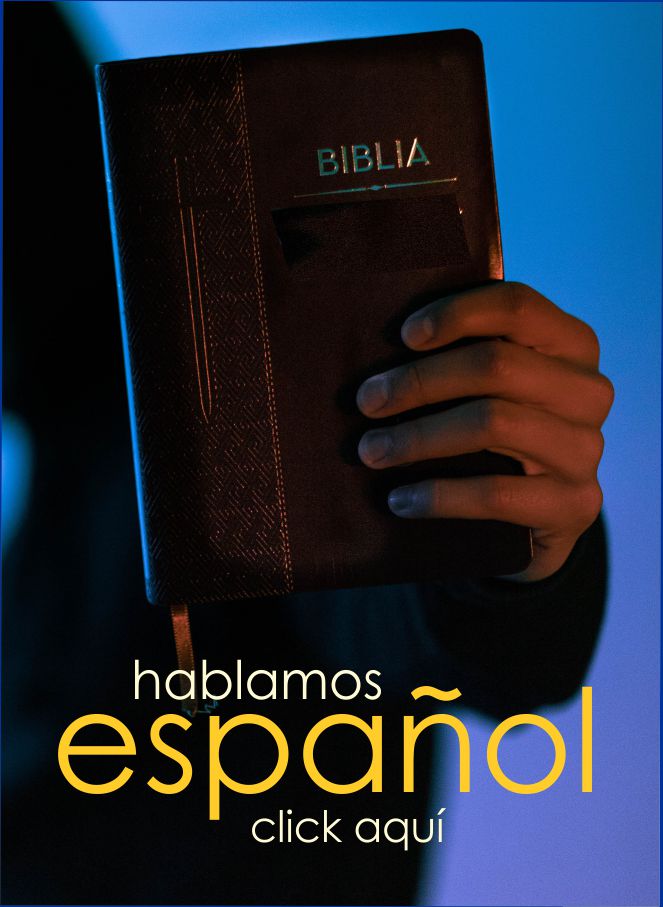The Ordination of Women in the United Methodist Church: A Journey of Inclusion and Equality

Walking through this Women’s History Month and time of lent, we can explore our roots as Methodists and understand the beauty of the Grace God has given to our church, because we have a long history of including clergywomen in the UMC’s ranks. Let us delve into the reasons behind this practice and recognize the theological and historical context.
Historical Roots
John Wesley played a pivotal role in allowing women to participate in ministry. As early as 1761, he licensed Sarah Crosby to preach, recognizing her gifts and calling. This marked a significant departure from prevailing norms that restricted women’s involvement in religious leadership.
Throughout the 1800s, women continued to serve as lay preachers and evangelists within the Methodist tradition. Their contributions were essential in spreading the Gospel and nurturing faith communities.
1956 General Conference Vote
The turning point came during the 1956 General Conference when a historic vote granted full clergy rights to women. This decision was groundbreaking and paved the way for women to be ordained as pastors, elders, and deacons. The UMC recognized that God’s call to ministry transcends gender. Women were no longer limited to auxiliary roles; they could now lead congregations, administer sacraments, and provide pastoral care.
Biblical Interpretation
Supporters of women’s ordination point to biblical examples where women played significant roles:
Deborah, a judge and prophetess in the Old Testament (Judges 4-5).
Priscilla, who taught alongside her husband Aquila (Acts 18:26).
Phoebe, a deacon mentioned by Paul (Romans 16:1).
We argue that these women were active in ministry, and their leadership was affirmed by the early Christian community.
Equality and Justice
The UMC’s commitment to gender equality aligns with broader social movements advocating for women’s rights. Recognizing women as equals in ministry reflects a commitment to justice and fairness. Women’s voices and perspectives are essential for effective decision-making and leadership. The church benefits from their diverse gifts and experiences.
Theological Foundations
The UMC emphasizes grace, inclusivity, and service. Ordaining women embodies these principles. Grace: God’s call to ministry is not limited by gender. All are recipients of God’s grace. Inclusivity: The UMC seeks to include all believers, regardless of gender, race, or background.Service: Women contribute significantly to the church’s mission and service to the world.
Challenges and Progress
Despite progress, challenges remain. Some interpret certain biblical passages as restricting women’s leadership roles. However, the UMC’s stance emphasizes contextual interpretation and the broader biblical narrative of God’s liberating work. Our church continues to advocate for women’s empowerment, addressing disparities in leadership positions and promoting equal opportunities.
The Unithed Methodist Church ordains women because it recognizes their gifts, affirms their call to ministry, and upholds the principles of equality, justice, and grace. Women’s leadership enriches the church and reflects God’s inclusive love for all.
Warmly,
Pr. David Gaitan









